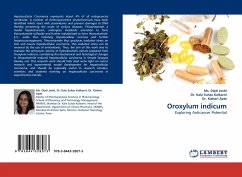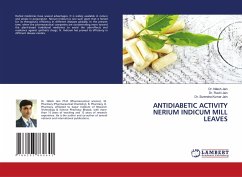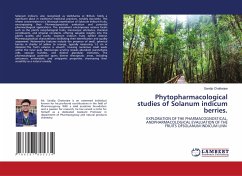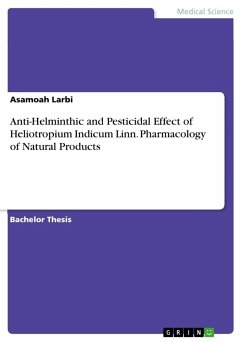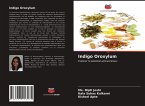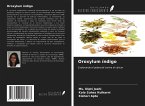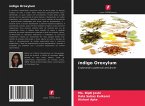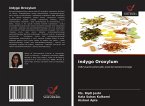Hepatocellular Carcinoma represents about 4% of all malignancies worldwide. A number of chemopreventive phytochemicals have been identified which react with prooxidants and prevent damages to DNA thereby preventing the onset of various diseases. Thioacetamide, a model hepatotoxicant, undergoes metabolic activation to form thioacetamide sulfoxide and further metabolized to form thioacetamide-S,S,- oxide thus initiating hepatocellular necrosis and further hepatocarcinogenesis. Thioacetamide thus produces oxidative stress on liver and causes hepatocellular carcinoma. This oxidative stress can be reversed by the use of antioxidants. Thus, the aim of this work was to evaluate the anticancer activity of hydroalcoholic extract prepared from Oroxylum indicum, correlating the biochemical and histological changes in thioacetamide induced hepatocellular carcinoma in female Sprague Dawley rats. This research work should help shed some light on cancer research and experimental model development for hepatocellular carcinoma, and should be especially useful to research scholars, scientists and students working on hepatocellular carcinoma in experimental animals.
Bitte wählen Sie Ihr Anliegen aus.
Rechnungen
Retourenschein anfordern
Bestellstatus
Storno

